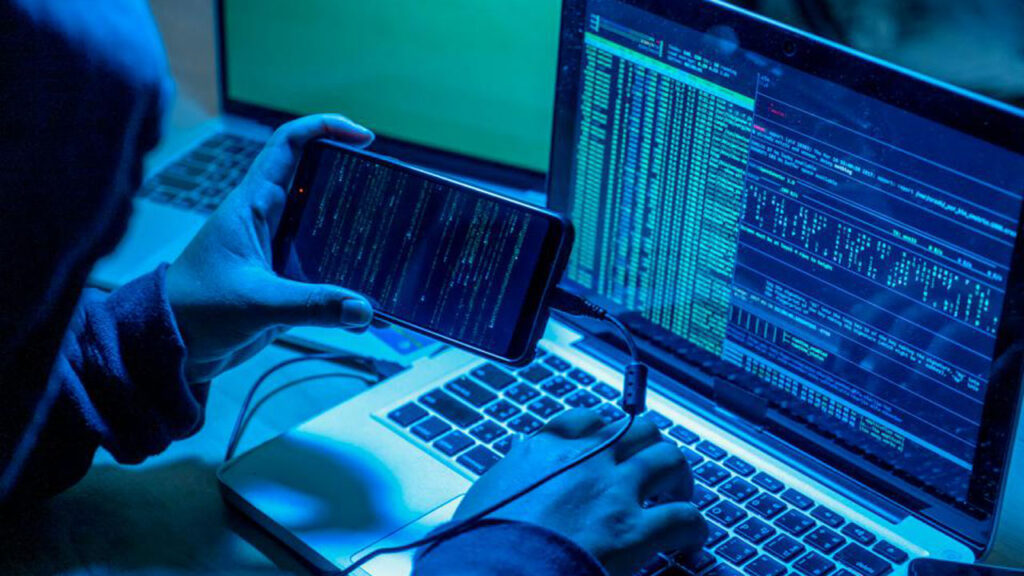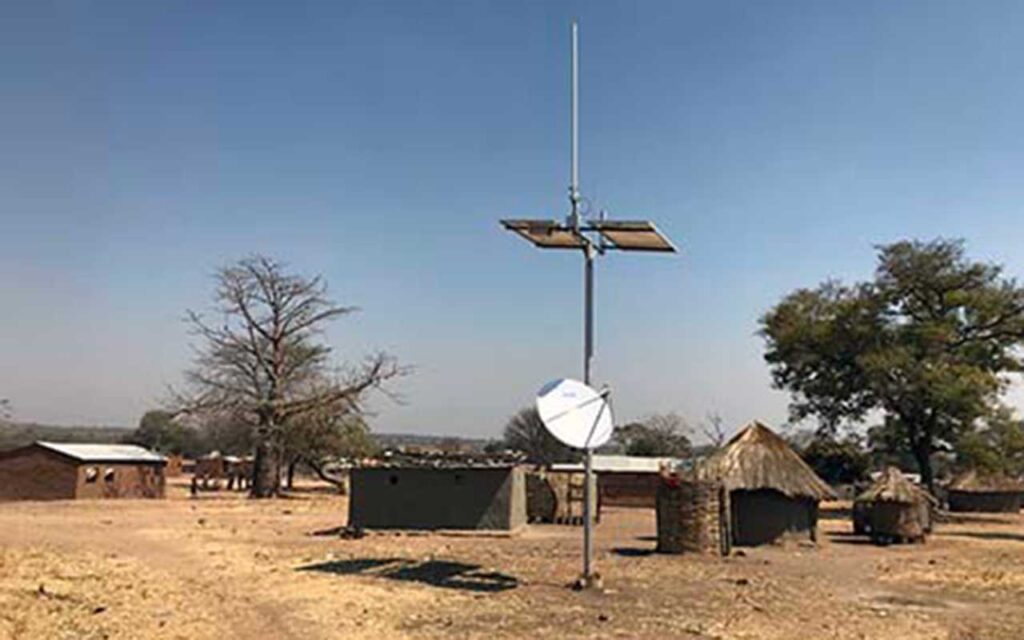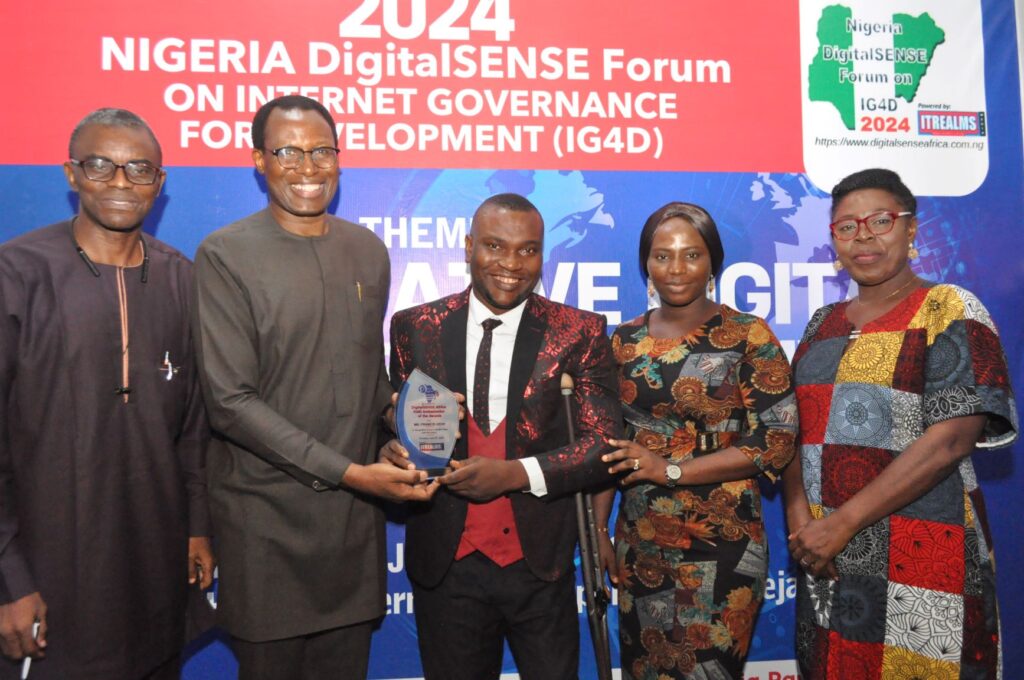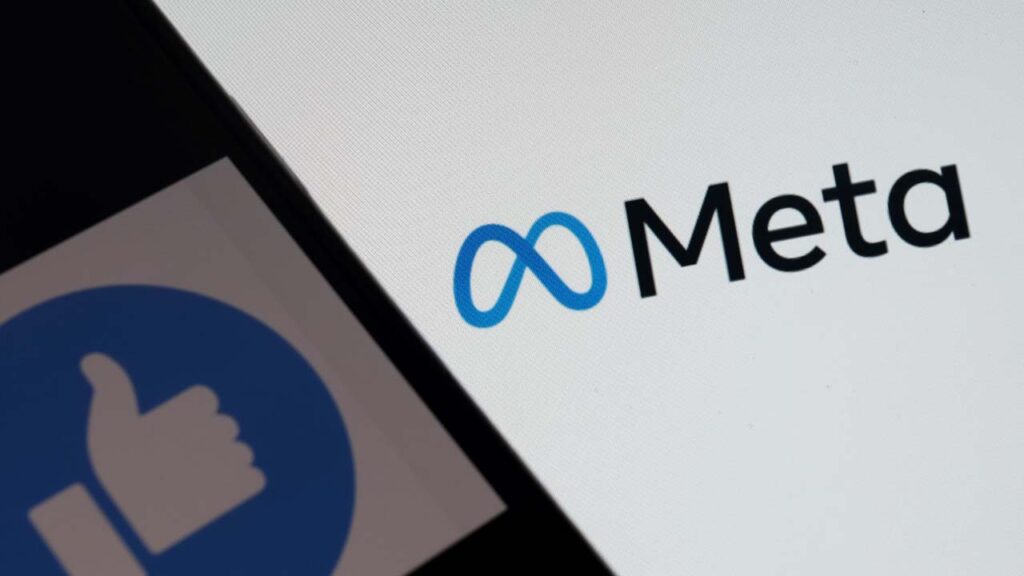
Non-Fungible Tokens, or NFTs, swiftly remind me of the stolen Benin Bronze by British soldiers who pillaged the Benin Kingdom. Let me give you a gist if you are unfamiliar
with the history.
In 1897, 1500 British forces invaded the Benin kingdom. The monarchical palace was burned and pillaged, and the oba was exiled to Calabar.
The British appropriated all regal treasures, offering some to individual army officers and auctioning most of them in London. These artifacts adorned European museums and benefitted the wrongful owners until their monumental return to the Nigerian government late last year after a considerable outcry.
That is no exception, as artistic pieces like the Ngonnso, and Tangue, among several others stolen from Cameroon and other African nations, are yet to return to their rightful owners. Throughout African colonial history, our heritage got stolen by the oppressors.
Thanks to Blockchain technologies like NFTs, Africans can change these sad narratives. Besides, African creatives have the opportunity to secure, track, and control their work and revenue on a continent where intellectual property is weak.
What Is NFT?
Non-Fungible Tokens (NFTs) have taken the digital world by storm, revolutionizing how we perceive and trade physical and digital assets. From art and music to virtual real estate, artifacts, and collectibles, NFTs have opened new avenues for creators, collectors, and investors.
If you are new to the world of NFTs and want to understand what they are, how they work, and why they have gained such immense popularity, this comprehensive guide is just what you need. In this article, we will break down the basics of NFTs, explore their benefits, and provide tips on how to get started.
Non-Fungible Tokens (NFTs) are unique digital assets representing ownership or proof of authenticity of a specific item or piece of content such as artwork, music, videos, virtual real estate, and more. Unlike cryptocurrencies like Bitcoin or Ethereum, which are fungible and can be exchanged on a one-to-one basis, each NFT is distinct and cannot be replicated or substituted.
Fungibility refers to the ability of an asset to be interchangeable with other similar assets. For example, fiat currency is fungible because one dollar is worth the same as any other dollar.
If you have a 1000 Naira note, and I have a 1000 Naira note, we can exchange them, and no one gets shortchanged in this instance. However, we can’t exchange two pieces of artwork for the same value.
A 1000 Naira note has the same intrinsic value as another 1000 note. However, two artistic pieces from different artists, or even the same artist, don’t share the same value.
How do NFTs work?
NFTs are built on Blockchain technology, most commonly on Ethereum, which ensures their scarcity, security, and transparency. Each NFT is created, verified, and recorded on the Blockchain, providing a permanent and immutable record of ownership.
The Blockchain network ensures that each NFT is unique and cannot be duplicated or counterfeited. When an artist or creator creates an NFT, they attach metadata to it that verifies the authenticity and ownership of the underlying digital asset.
The NFT gets added to the blockchain network, where it can be bought, sold, or traded. Smart contracts, self-executing contracts with predefined rules, govern the ownership and transfer of NFTs.
These contracts automatically execute transactions and royalties when NFTs are sold or transferred, ensuring creators receive a percentage of subsequent sales in perpetuity.
The Benefits of NFTs
NFTs offer several advantages that contribute to their rapid rise in popularity. Firstly, they provide artists, musicians, and creators with a new way to monetize their work by directly selling digital assets without intermediaries.
Irrespective of the artists/creators’ geographical jurisdiction, they can sell their work at little or no cost to an international audience. Nigerian artists like Osinachi sold a piece for over $100,000 without leaving their country.
Additionally, NFTs enable collectors and investors to own unique digital items with provable scarcity and authenticity, creating a sense of exclusivity. Furthermore, Blockchain technology ensures transparent ownership history and traceability, reducing the risk of fraud or forgery, like the pillaging of British soldiers.
How to Get Started with NFTs
If you’re interested in exploring the world of NFTs, here are some steps to help you get started:
Research And Educate Yourself: Familiarize yourself with various NFT marketplaces, renowned artists, and ongoing trends.
Set Up A Digital Wallet: Choose a reputable digital wallet that supports NFTs and create an account.
Acquire Cryptocurrency: Since most NFT transactions occur with Cryptocurrencies like Ethereum, you’ll need to purchase some Cryptocurrency through a reputable exchange.
Choose An NFT marketplace: Select a trusted NFT marketplace like OpenSea, Rarible, or SuperRare, and very soon Nandi, a marketplace for Black people to buy, sell, or trade NFTs.
Browse and purchase NFTs: Explore different categories and collections, and when you find an NFT you like, connect your digital wallet and follow the instructions to complete the purchase.
Store and display your NFTs: Once you own NFTs, keep them in your digital wallet, or consider showcasing them on digital art platforms or virtual galleries.
Risks And Challenges Associated With NFTs
While NFTs have become a popular way for artists and creators to monetize their work, some risks and challenges come with it. One major challenge is the rising transaction costs, especially on Ethereum Network.
Blockchain transactions are naturally ultra-cheaper and faster. However, the Ethereum network is experiencing scalability issues, and as the technology evolves, these are some of the bottlenecks.
Additionally, the NFT market is highly speculative, and the value of NFTs can be highly volatile. Another risk associated with NFTs is the potential for fraud and scams.
Because NFTs are a new and emerging technology, there is a risk of unscrupulous individuals creating fake NFTs and selling them to unsuspecting buyers. It’s necessary to do your research and ensure that you are buying an authentic NFT from a reputable creator or marketplace.
Conclusion
Non-Fungible Tokens (NFTs) have emerged as a game-changer with unique opportunities for creators, collectors, and investors. By understanding the basics of NFTs, their workings, and the benefits they offer, you can navigate this exciting new landscape with confidence.
It is an exciting new technology for human empowerment. Remember to research, choose reputable platforms, and take necessary security precautions when engaging in this new frontier.
Follow Frisco d’Anconia on Twitter to ask any questions on Blockchain and Web3 technologies.










